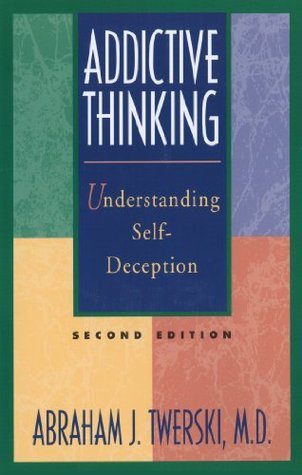More on this book
Kindle Notes & Highlights
Read between
December 26 - December 26, 2016
Many addicts seek escape in chemicals because they feel they cannot cope.
How do we convince people with low self-esteem that they have self-worth? We begin by having that conviction about them. If we value them as worthy human beings, we can safely assume that our feelings will be conveyed to them. Empty compliments and flattery are of no value, but we must always be on the alert to identify every positive feature in their past and present, and give them reason to feel proud. Generally, people are quite adept at catching others doing something wrong. In dealing with addicts, we must be alert to “catch” them doing something right, and commend them for it.
Addictive thinking is often also characterized by a rigidity of thought, what we may call “the either/or rule.” The addicted person is likely to think in extremes, with little understanding that there is flexibility in resolution of problems.
Though many people use alcohol and other drugs to get high, many others use chemicals just to feel normal. For these chemically dependent people, alcohol and other drugs are emotional anesthetics as they seek relief from feelings of distress and discomfort.
Morbid Expectations Frequently, addictive thinkers, for no logical reason, will feel apprehensive, anticipating disaster. Good and bad things happen in this world. Most people experience both. Addicts are not the only people who worry and anticipate negative happenings, but they tend to do this more often than other people.


